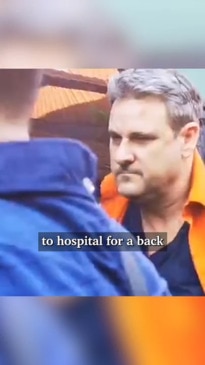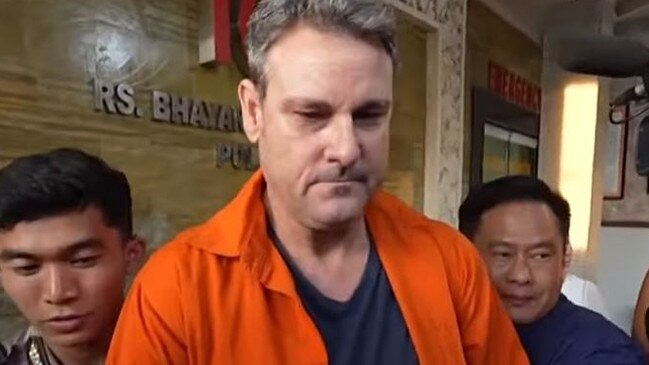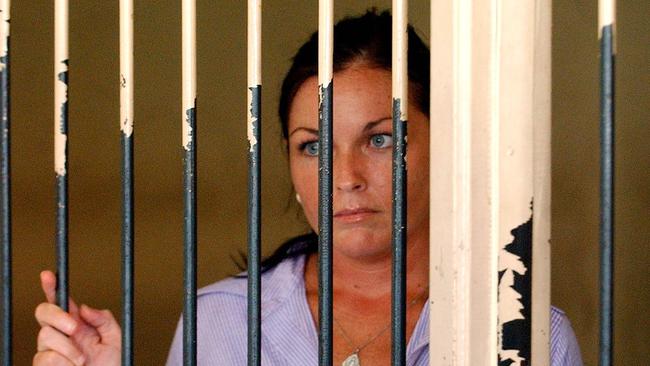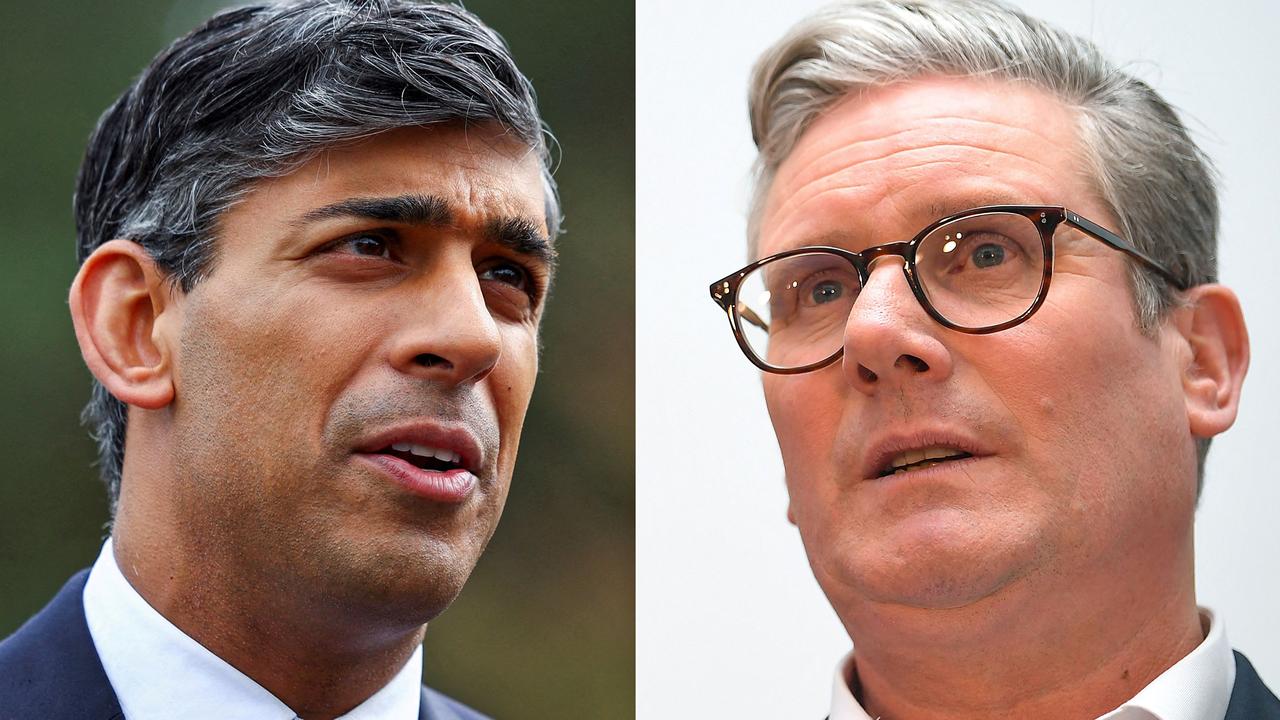12 year prison sentences might do more for Australia’s drug problem than mollycoddling diversion programs | David Penberthy
Two major cases this week lead me to wonder if our country could learn some lessons from Indonesia, writes David Penberthy.

Almost 30 years ago and a couple of years after starting as a cadet at The Advertiser I was lucky to enjoy one of the more fascinating experiences of my career as a journalist.
When John Olsen was Industry Minister in Dean Brown’s Government he oversaw the creation of a media exchange between our masthead and a Jakarta daily newspaper called Media Indonesia.
Under the arrangement, an Adelaide journo was sent to Jakarta for three months to work at their newspaper, after which one of the Indonesian journos came to Adelaide and spent three months on our paper.
I was the lucky Adelaide journo, and the Adelaide-bound Indonesian was Kuta-born Agus Diatmika, a terrific Balinese bloke based in Jakarta editing his paper’s real estate section covering Jakarta’s booming property market.
Jakarta is a glorious and chaotic dump of a place and working there as a journalist was a total thrill.
Like all big cities with a gulf between rich and poor, it had its seamy side and a capacity for genuinely brutal violence.

In 1995 hardly anyone had mobiles in Indonesia and the senior reporters on the paper communicated via walkie-talkies.
They each had code names – Agus was “Properti Satu”, or “Property One”, meaning he was the head property reporter. The guys on the paper gave me my own walkie talkie and as a joke bestowed me with the call sign “Kangaru Satu”, “Kangaroo One”.
One of the guys I became mates with was a photojournalist called Inyo who covered the city and crime. Inyo was like something out of a movie.
He had wild long hair, chain-smoked clove cigarettes, never appeared to sleep, knew the city like the back of his hand and travelled around at night in a huge ute with a police scanner to eavesdrop on major crimes as they unfolded.
One night Inyo called on the walkie talkie saying the body of a cop who had been tortured and murdered had just been found.
He was on his way to the scene and asked if I wanted to come, which I did.
Inyo said the perpetrators of the crime were “breman”, a Dutch word used in Bahasa Indonesian to describe gangsters.
It was a huge story and the local police launched a mass immediate round-up of known breman.
At a press conference in the following days the police chief said several suspects had been caught and explained in a casual way that one of them had died during interrogation.
After the press conference I asked Inyo why none of the journos asked any questions about the death of the suspect.
Inyo looked at me confused, wondering why would anyone ask such an obvious question.
He said that obviously the bloke who had been killed was a criminal, and must not have been co-operating with police, so no-one would be surprised or even care that the cops had killed him, especially after one of the police had been murdered under such appalling circumstances.
There’s a certain brutal logic to this ambivalence and it says a bit about the philosophical principles which underpin the Indonesian justice system.
In Australia, the news that a suspect who was innocent until proven guilty had died during police interrogation would spawn a year-long Four Corners investigation.
In Jakarta, the view was: well, maybe this scumbag would still be alive if he hadn’t fallen in with such a bad crowd.
I was thinking about this episode this week while reflecting on the unpleasant predicament faced by Port Lincoln man Troy Smith.
It is an understatement to say Mr Smith is in a world of strife right now as he struggles to explain his alleged possession of a 3.15g of methamphetamine, hidden inside a tube of toothpaste found at his Bali apartment.
Without wanting to compound the misery for Mr Smith, it’s fair to say he is merely in the latest of a long line of Australian Pollyannas who have landed themselves in huge trouble through a combination of ignorance and indifference to how Indonesia works.
It is especially foolish to take drug-related risks in a country where the first thing you see at all the major airports are giant yellow billboards featuring an image of a gun and saying “This country executes drug dealers”.
The not-so-coded message from that is buyer beware.

From the Bali Nine to Schapelle Corby to Mr Smith – and to Barlow and Chambers before them in a Malaysian setting – it really is hard to summon up an unyielding brand of sympathy for anyone who finds themselves in such parlous circumstances.
Sure, you wouldn’t wish it on your worst enemy.
But it is all immensely avoidable.
Even if, as Mr Smith says, he is battling with the demons of addiction, there are probably better places to do so than a country with a well-documented history of zero tolerance towards anything to do with drugs. Or indeed any serious crimes.
Even those which have not been proven yet, as that breman chap who did himself a mischief during interrogation would attest, were he still here to do so.
In a week when we discovered that it’s possible in South Australia to run down an ex-police officer with a car, not apologise for it, and get a fully suspended sentence and $500 bond, I would even wonder whether the Indonesians are closer to what most Australians would like from a justice system.
Australians are all sick of the impact drugs are having on society.
Perhaps something closer to the 12 years for possession and a $750,000 fines laid down in Indonesia would be better than the mollycoddling diversions which see druggies remain druggies in Australia.
Even the Bali bombings are a case in point.
That brilliant Indonesian police officer Made Pastika, the Balinese police chief who led the investigation, rounded the perpetrators up in record time and the worst of them were shot at midnight by three separate firing squads.
Had this happened in Australia they’d probably be set for release any day now with a nice certificate from their social worker saying they’d passed their deradicalisation course with flying colours and were looking forward to re-entering society.
More Coverage
Originally published as 12 year prison sentences might do more for Australia’s drug problem than mollycoddling diversion programs | David Penberthy





